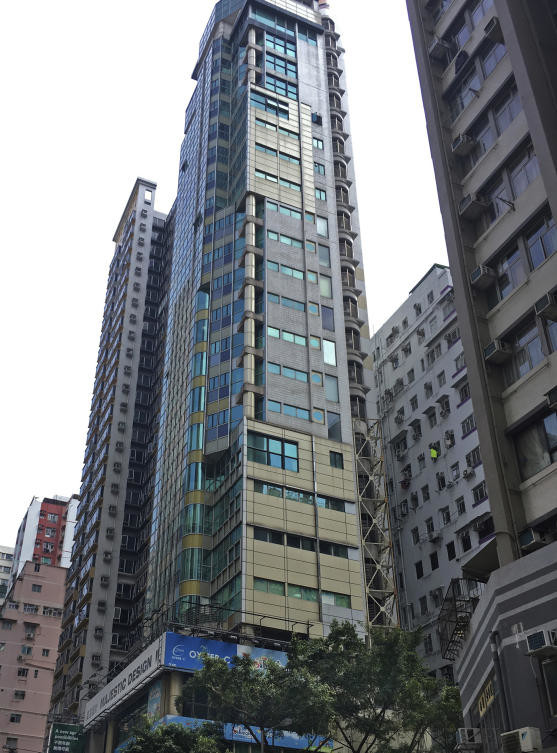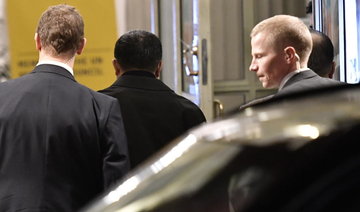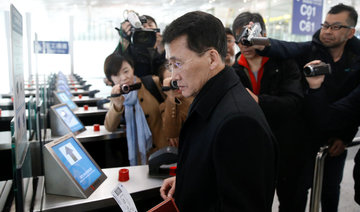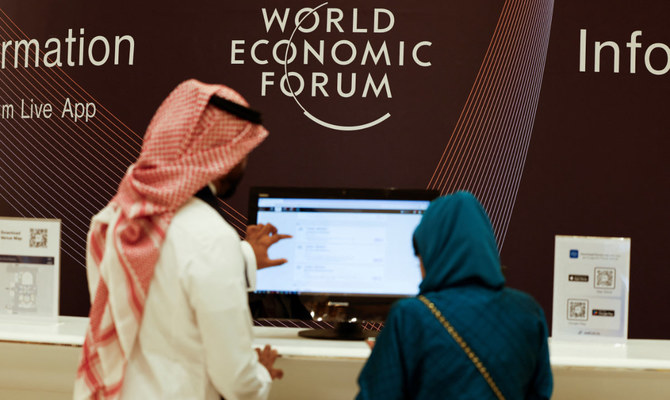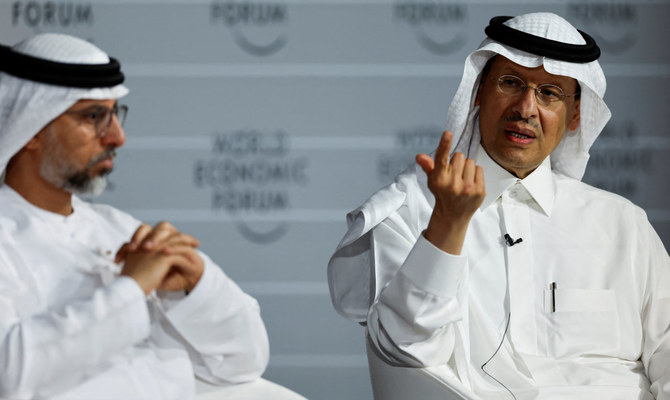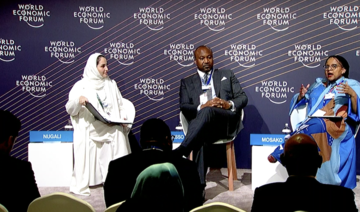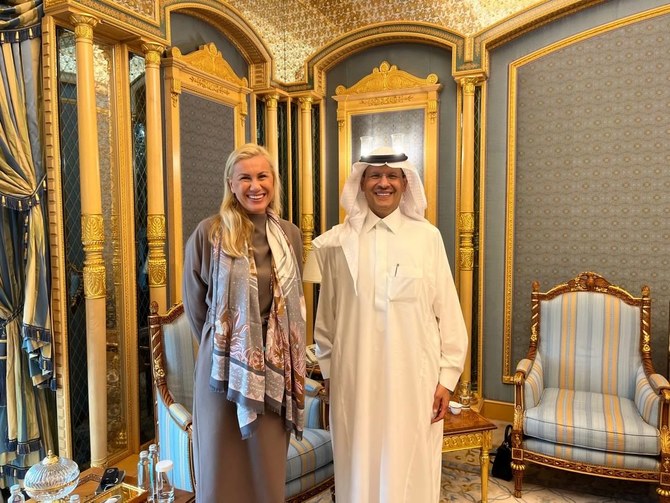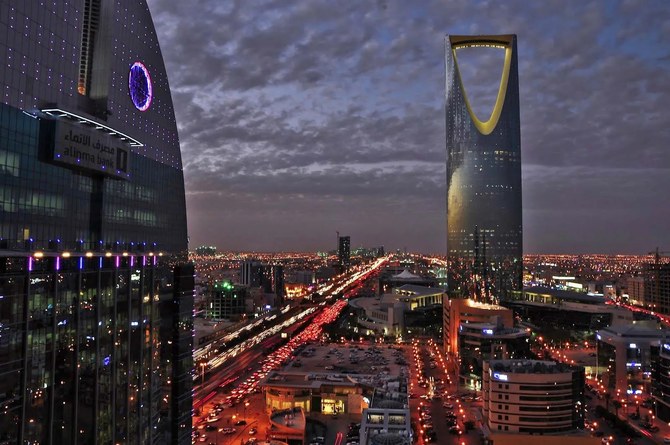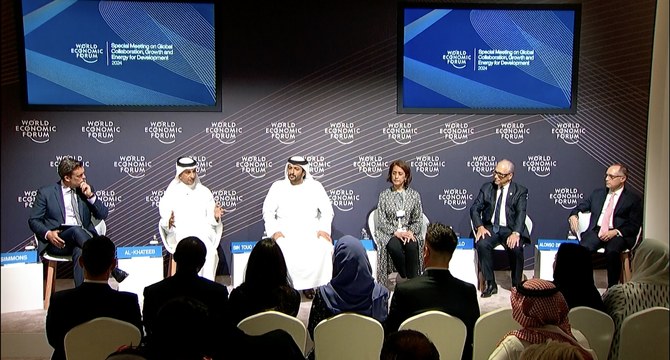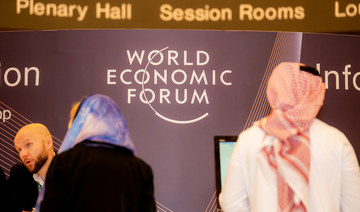HONG KONG: In the dead of night last month, two tanker ships pulled alongside each other in the East China Sea. One was a North Korean vessel, the other was the Belize-flagged Wan Heng 11.
Lights on both ships were blazing, arousing a Japanese spy plane’s suspicion they were carrying out a “ship-to-ship” transfer banned under UN sanctions imposed over North Korea’s nuclear weapons program.
Records for the Wan Heng and a number of other ships identified in recent UN and US sanctions blacklists and Japanese surveillance reports reveal ties to Hong Kong through front companies based here. The findings underscore rising concern over the southern Chinese financial capital’s role as a nexus for North Korea’s underground business network, which has led the US government to urge Hong Kong authorities to crack down.
The corporate registration agents that set up these front companies “present a key vulnerability in the implementation of financial sanctions,” said a report by the UN Panel of Experts on North Korean sanctions released on March 16. Researchers said North Korea relies on front companies acting as middlemen to mask its overseas trading links, many of which involve China.
Successively tighter rounds of sanctions aim to deprive North Korea of key sources of revenue by choking off its ability to smuggle exports, including through oil transfers between ships on the high seas.
Hong Kong, an Asian business hub, is “staying highly vigilant about activities and suspected cases” of sanctions violations and is “looking into the cases” involving Hong Kong-registered companies, the government said in a statement.
The city often tops business and economic freedom rankings, based on criteria that include ease of setting up business. That can also facilitate illicit dealings.
The city hosts a vast industry of company formation experts who can register corporations quickly and with minimum information from their clients. Many operate out of anonymous, one-room offices with as little as a single employee. They promise to set up a firm within a day for clients who can apply online if they’re not in Hong Kong.
Out of 11 companies based outside North Korean named in a US Treasury sanctions list last month, two each were in China and Taiwan and one each in Singapore and Panama. The remaining five were in Hong Kong.
The UN report said separate investigations of a Singaporean company and Glocom, identified as North Korean military equipment supplier, found evasion tactics included the use of Hong Kong front companies.
Hong Kong has imposed new rules aimed at preventing money laundering that took effect this month that require licensing of corporate registration agents. Companies also must now identify and disclose their beneficial owners, but only to law enforcement authorities.
It’s not unusual in itself for a company to operate out of secretarial office, said David Webb, a Hong Kong corporate governance activist.
But he says lax corporate disclosure rules give “Hong Kong a sort of Monaco of the East image, as a funny place for shady people.”
A review of Hong Kong company filings and shipping databases revealed a murky web of company names and employees working out of a variety of unlikely locations.
One US-sanctioned company, Liberty Shipping, shared an address with its registration firm in Hong Kong’s Wan Chai district. A woman at the office, which had yet another name on the door, said it had ceased doing business with Liberty Shipping and didn’t have contact information. She added that it dealt with the company through an intermediary she wouldn’t name. Liberty Shipping’s annual return showed that its director lived in Dalian in China’s northeast but didn’t provide a phone number.
In the Wan Heng’s case, shipping databases give the rusty tanker’s registered owner and commercial manager as Zhejiang Wanheng Shipping Co., with a care-of address for an apparently related company, Hong Kong Wanheng International Trading, at an apartment in The Beaumont, a suburban luxury apartment development. No one answered the apartment’s buzzer on a recent visit.
Corporate registration records gave a second office address in Hong Kong’s North Point neighborhood. A woman who answered the office door, which didn’t have a sign, said Wanheng’s director, Yip Kwok-man, was not in.
“He just uses the office as a nameplate. It’s not convenient to give you any more information,” she said, refusing to provide her name, adding that she and three other women in the office weren’t his staff.
A woman listed as Wanheng’s company secretary said she was recruited by a friend. But she said she didn’t work for the company anymore because it was too much hassle, without being more specific.
Yip’s home address in Wanheng’s annual return turned out to be a modest one-bedroom unit in an aging public housing complex in the city’s Tsing Yi suburb. No one was home when the AP visited and a neighbor said the resident there had a different surname.
A further search of records found a second address for Yip in an upscale waterfront apartment block in the Sai Wan Ho district. A man who answered the intercom didn’t respond when asked in both Mandarin and Cantonese whether Yip Kwok-man was there.


